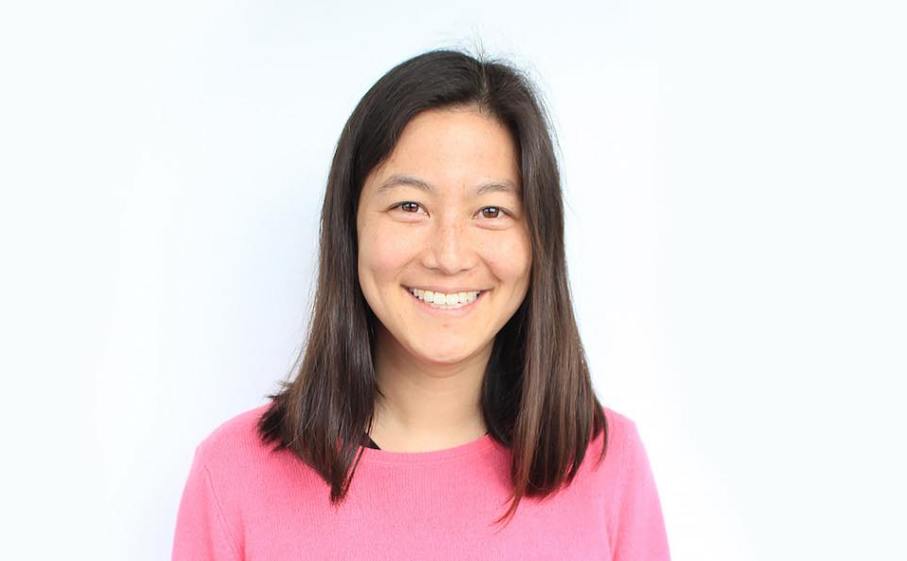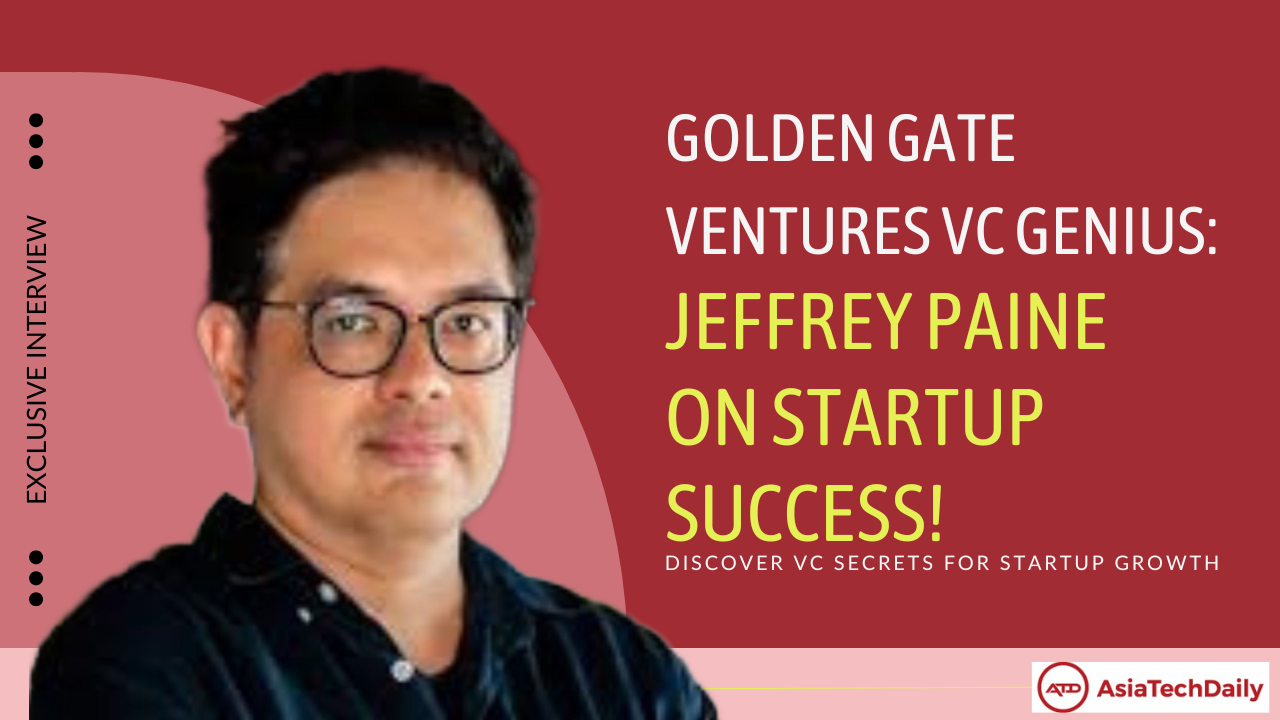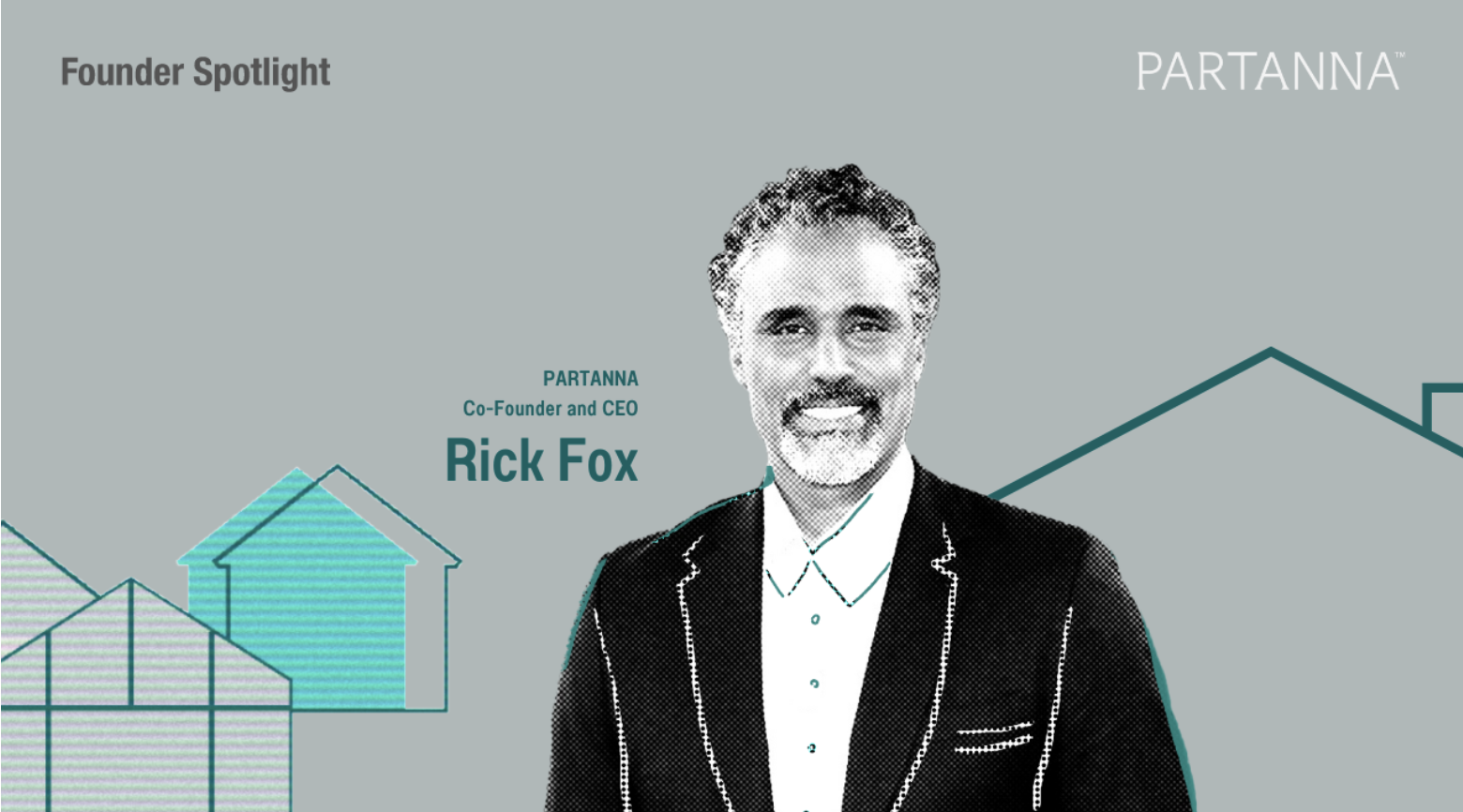AsiaTechDaily – Asia's Leading Tech and Startup Media Platform

Elizabeth Yin, Co-Founder And General Partner At Hustle Fund – A Pioneer In Startup Fundraising | Reviewed 20k+ Startup Pitches | 70-100 Investments Per Year
Elizabeth Yin is a co-founder and General Partner at Hustle Fund, a pre-seed fund for software entrepreneurs. Previously, Elizabeth was a partner at 500 Startups, where she invested in seed-stage companies and ran the Mountain View accelerator. In a prior life, Elizabeth co-founded and ran an ad tech company called LaunchBit (acquired 2014). Elizabeth has a BSEE from Stanford and an MBA from MIT Sloan.
Elizabeth has reviewed over 20k startup pitches worldwide in the last few years and has helped numerous portfolio founders raise hundreds of millions of dollars. Her work and writing on startup fundraising have been featured in numerous publications, including TechCrunch, Forbes, Huffington Post, BetaKit, and more. Hustle Fund raised $33.6 Million for a 2nd fund in February 2021, which it wants to invest in 200 more early-stage startups.
In an exclusive interview with AsiaTechDaily, Elizabeth says:
I’m working towards a 30-40 year mission- to try to democratize wealth through entrepreneurship. And that excites me. If I can help raise many other people up – both builders and funders who have drive and hustle – then that is exciting and motivating.
I think right now, as a startup founder, you need strong networks to get access to resources, knowledge, and funding successfully. If I can impact and democratize how founders get access to all of this, I’ll be really happy.
To me, founders who execute with speed- or hustle- regardless of their background deserve to be able to access these things, and that is the goal I’m working towards.
Read on to know more about Elizabeth Yin and her journey.
What background and domain expertise do you have?
Elizabeth Yin: I’ve worn a lot of hats. So, I’m not sure that I have domain expertise. I have an electrical engineering degree from Stanford, and I have an MBA from MIT Sloan. I have previously worked at large technology companies, including Google. But in late 2008, I was itching to do a startup, so I left my excellent job at Google to start a company, and from then on, I have been a founder for pretty much the rest of my career.
When did you first think about starting a fund?
Elizabeth Yin: I didn’t start thinking about becoming a fund manager until probably late 2016 or early 2017. At that time, I was running the accelerator program at 500 Startups, and I noticed that the common problem was that many startups just had so much trouble raising money.
More generally speaking, I started thinking about ways that I might be able to help solve this problem. I was thinking about it from a founder’s perspective. How could I help all founders who “hustle” (execute with focus and speed) access resources and money? And for us at Hustle Fund, building out a fund is just one part of the solution.
What kind of startups/ sectors have you invested in till now?
Elizabeth Yin: Over the years, between 500 Startups, Hustle Fund, and as an angel investor, I’ve invested in a LOT of different kinds of companies. I’ve primarily invested in software companies. This includes, but is not limited to, B2B companies, fintech companies, and health companies. For example, we’ve more recently invested in Vinovest, which is an investment platform for wine.
But, I’ve also invested in new kinds of food, eCommerce companies, and hardware. For example, I’m a personal investor in a company called Immi, making vegan instant ramen.
What types of companies do you look to invest in? And What’s your mental model for investing?
Elizabeth Yin: At Hustle Fund, we are focused on investing in software companies, and specifically, companies that can make money almost immediately. Because we are very early-stage investors, we have to think about what happens if the company cannot raise more money. In essence, we hope that the company will be able to bootstrap and not require other VCs to invest to survive and thrive.
Our investment model at Hustle Fund is very fast, and once we have a meeting with a company, any one of us in the partnership can decide to invest. He/she will generally decide within 48 hours of meeting the founder whether we want to invest.
If we decide to invest, we will invest $25,000. After that, we will typically work with a Founder on a growth project. This is something that will help the company with its customer acquisition tactics. Usually, we do this within our Redwood school, an internal school free to our portfolio companies to help them with tactical customer acquisition.
On occasion, we will decide to invest more than $25,000 either weeks or months later or in the next round even. We think it is essential for founders and investors to get to know each other better by working with each other and then mutually deciding whether to invest more into the relationship.
What is your typical investment range, and how many startups you invest in per year in general? Additionally, can overseas headquartered startups get funding from you?
Elizabeth Yin:
- $25,000 for the first check
- $100k-$250k if we decide to write a second check
- We invest in ~70-100 new startups per year
What would be the KPI that you usually check about the startups’ growth? It may be diverse in each industry like LTV, CAC, MoM, etc.. It will be helpful to understand more about your additional investment factors?
Elizabeth Yin: I don’t care about KPIs when we invest. Usually, when we invest, there is no traction and no revenue.
One of the things that I have learned over the years is that traction is very misleading in the earliest stages. Traction is excellent for understanding whether a founder can execute- do the customer acquisition work and has hard work and drive. But traction does not help you understand whether the product is something that many people want, which is needed for VCs to make money. The numbers are too small at the earliest stages. So, investing pre-traction and post-traction take on the same level of risk, and I’d prefer to go in earlier and go in at a lower valuation because the market risk is the same.
I make many of my investment decisions based on my intuition of how easy or hard I think the customer acquisition process will be for a given business. Because I’m a former founder, I have tried and failed at many startup ideas, and in all of the ones that failed, it was because I built something that not a lot of customers were interested in.
How do you handle this COVID-19 outbreak situation for your fund’s survival in the future?
Elizabeth Yin: Interestingly, not too much has changed for our fund(s) during the pandemic. We have always been a remote fund, and we have always met with our founders virtually. So while many other VCs have had to adjust and learn how to use video conferencing tools to speak with founders, we have always done things remotely.
As for our companies, some of them have had a tough time, and we have spent a lot of time with some of these businesses to try to help them with their cash flow management and help them think through some important decisions for their businesses. At the same time, for some of our other companies, the pandemic has fueled their business.
Right after being an investor like in the early days, there must be some tough times in building up the first fund and building up a second fund or giving back the good returns to those LPs. If there is any similar tough time like this, please tell us more about it and how you (or your team) overcome the difficult times?
We’re still too early to be returning our fund. Investing in startups is a very long journey. It is difficult to raise a fund as an emerging fund manager, and it is difficult for both funds 1 and 2 and I’ve also heard that it is hard for fund 3 as well.
I’ve written a lot about this here and here
What mistakes do you see founders make when raising money?
Elizabeth Yin: Fundraising is a full-time job. One of the biggest challenges in fundraising is trying to carve out a lot of time to do meetings and continuously iterate and improve upon your pitch — in addition to running your business.
I think that the most successful fundraisers can put their actual work aside, but this is hard to do. This is the best way to fundraise- delegate all of your work to someone else on your team and then pack in meetings one after the next with investors.
When you think about it, fundraising is all about supply and demand. It’s about the supply of your round, and it’s about the demand of investors. The only way to create urgency with investors is to pack your meetings back to back and create the sense that your round may not be available tomorrow and that every investor needs to make a decision very quickly. And that is the only way to get leverage in fundraising. So it would be best if you prioritized fundraising when you’re going to raise.
What’s your advice to entrepreneurs who have a chance to meet investors like you? What are the top 3 questions that you always ask the founders?
Elizabeth Yin: I love to spend time discussing the problem. How a founder has thought through the problem and has talked to customers is very illuminating to me.
Here are some questions from my list:
- Tell me a bit about your background and your co-founder(s) ‘s background.
- How do you all know each other?
- How long have you worked together, and in what capacity?
- What is the specific problem you are solving?
- Why is this a problem?
- Who has this problem?
What’s your general thought about the term “Global,” and What are the important factors (criteria) for local startups to consider for international expansion?
Elizabeth Yin: Like anything else, you need to understand your customer. Your local customer is often a very different customer persona than an international one- even beyond language. The person’s job/workflow / daily life/set of problems / etc. may be completely different.
I think a lot of founders want to go global, and I admire that large ambition, but if you only understand your local customer persona, then sometimes it’s better to just focus on what you know. There’s generally a lot less competition locally as well.
What kind of startup or tech industry will impact the world in the future, like 2-3 years locally, in your view?
Elizabeth Yin: I think we will see many global companies — both in terms of where employees are working from and what customer audiences people are addressing.
We will see changes in workflow and more new tools created to enable remote work better.
How do you keep yourself motivated every day?
Elizabeth Yin: I’m working towards a 30-40 year mission- to try to democratize wealth through entrepreneurship. And that excites me. If I can help raise many other people up – both builders and funders who have drive and hustle – then that is exciting and motivating.
What are the top three life lessons that you want your (future) sons and daughters to know?
Elizabeth Yin:
- Be kind
- Work hard
- Be curious
What would you like to be remembered for?
Elizabeth Yin: I think right now, as a startup founder, you need strong networks to get access to resources, knowledge, and funding successfully. If I can impact and democratize how founders get access to all of this, I’ll be really happy.
To me, founders who execute with speed- or hustle- regardless of their background deserve to be able to access these things, and that is the goal I’m working towards.
You can follow Elizabeth Yin on Linkedin here and on Twitter here.
Are you looking to secure investment for your startup or a keen startup enthusiast, keep an eye on our interview section.
Follow Asia Tech Daily to know about the innovative startups and how they are revolutionizing the ecosystem.





